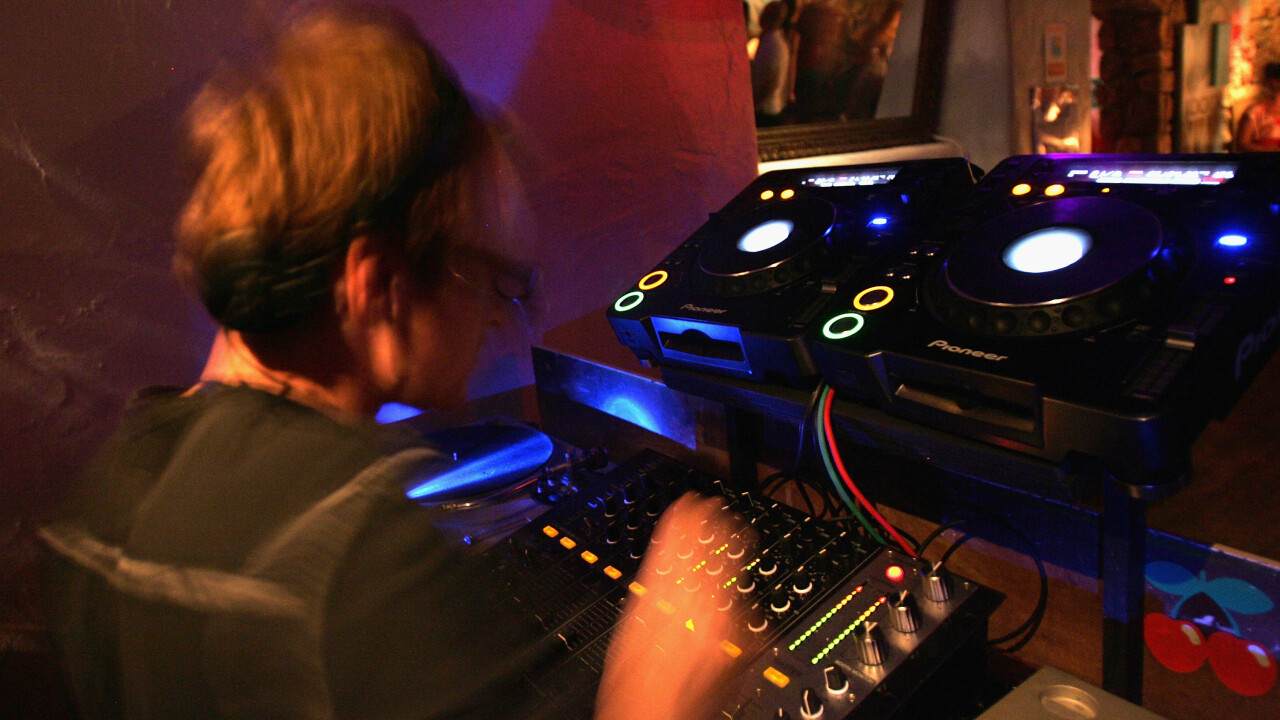Vieux Farka Touré – Les Racines

Visualize getting Jimi Hendrix’s son, and forging your very own route as a musician. Vieux Farka Touré has carried that pounds, wrestling with the legacy of his father Ali Farka Touré, the Malian guitarist whose ’90s albums with Taj Mahal and Ry Cooder launched western audiences to the blues’ diasporic loop, from the slave ships to the Usa and back again to Africa, exactly where youthful Ali read John Lee Hooker and shivered with recognition. Touré Senior shut that circuit of affect, defining what arrived to be termed desert blues.
Vieux Farka Touré, in the meantime, went his own way. Blessed with likewise virtuosic guitar talent, he defied Ali’s first disapproval to develop into a musician. Beginning his skilled job in 2006, the yr his father died, he explored diverse collaborative byways as he proven himself, performing with jazz wonderful John Scofield and Allman Brothers alumnus Derek Vehicles on The Top secret (2011), and two improvised albums with Israeli musicians as The Touré-Rachael Collective. In truth, he’s never ever wandered considerably from Malian audio. But, 16 years soon after his father’s dying, this sixth solo album lastly immerses him in Ali’s sound. It is as if, acquiring designed his have identify, he’s now able to enable go, letting Ali’s affect to flood through. “This album experienced to be extremely pure, with the exact temper and feeling my father experienced,” he tells Uncut. “I have this audio in my blood and my coronary heart anyway. What I’m doing is however myself. It’s not the similar as former Vieux Farka Touré albums, but it’s the exact as I am in the avenue, in the university – it’s what I’m undertaking all the time. This is the tradition. It is like the songs from my household.”
Les Racines implies “the roots” and, as he crafted its music with highest treatment at his Bamako property studio – named Studio Ali Farka Touré in unapologetic homage – Touré dug as deep as he could. Amadou & Mariam’s Amadou Bagayoko, who interweaves guitars on significant-velocity opener “Gabou Ni Tie”, was amid the elite Malian musicians who stopped by. But Les Racines is finally a comprehensive and intense showcase for Vieux’s own prowess, and his restatement of desert blues.
The instrumental “L’Âme”, this means “the soul”, sinks most deliberately and deeply into Ali’s spirit, rising and sinking like breath, with a loping, rolling gait, ’til it quickens in climactic tribute. It has the warmth of an abiding memory. “Flany Konare” is a contrasting assertion of living, sensual love, Touré singing “Cherie, Cherie, Cherie, Cherie!” with unabashed, mantric directness, his voice conversationally small as a limited, hard arrangement pops and ripples, and his guitar dances above his possess, deep-set jabs. “Adou” is in the same way fervent, and exultantly proud of the son it is named just after. “Les Racines” sounds Spanish at first, with its castanet-type percussive clicks and Touré’s florid, brooding riffs, but his playing’s introspective depth and lyricism, shadowed by Toumani Diabaté’s brother, Madou Sidiki Diabaté, on kora, is a very specific communing with roots.
Custom is usually double-edged, the two a rooted strength and restriction, and “Gabou Ni Tie”’s chiding of a female who rejects ancestral instruction and, as Touré clarifies, “the suggestions of her parents and only keeps lousy company”, promotes communal obligations.
Somewhere else, though, Les Racines’ lots of tutorial music just can’t be denied. Touré intends these lyrics for the two Mali’s elites – with extra expectation of becoming read than most rock protest tunes – and the toiling farmers in its rural expanse, where by songs continues to be the prime information resource. He’s addressing a nation groaning with musical wealth but riven with ethnic conflict, together with IS slaughter, governing administration corruption and insidious foreign influence. No question “Ngala Kaourene”, which pleads for ethnic reconciliation, starts off with the album’s starkest blues guitar notes, Madou Traore’s flute sweeping Touré’s guitar in its slipstream as he desperately implores. “Ndjehene Direne” closes Les Racines with staccato guitar stabs so liltingly gentle-toned nevertheless relentless that they have a cumulative influence.
This delayed return to his father’s musical dwelling finds Vieux Farka Touré commandingly authoritative and viscerally present. For all its vivid tumult and protest, his musical lines normally loop back again, like John Coltrane or John Lee Hooker, but more nonetheless, carrying him property.





